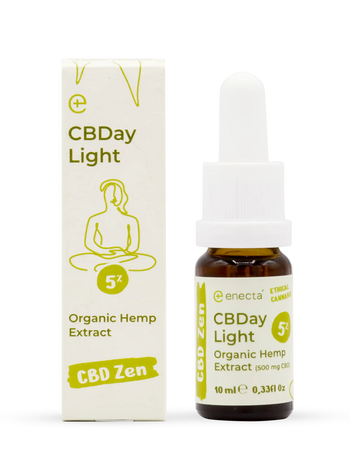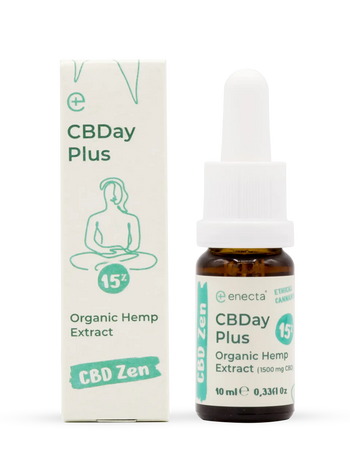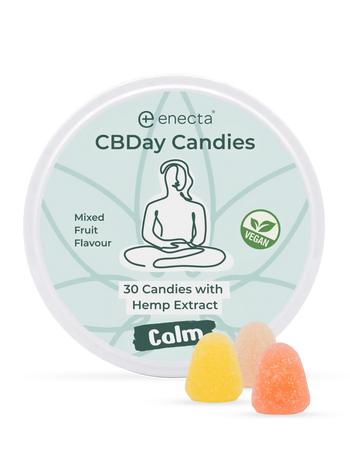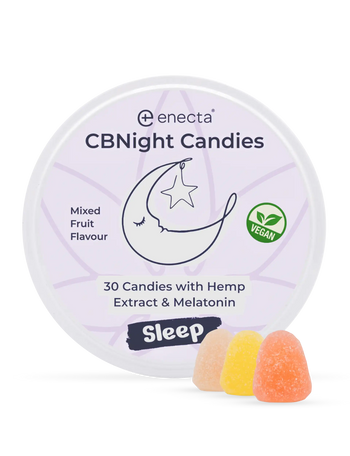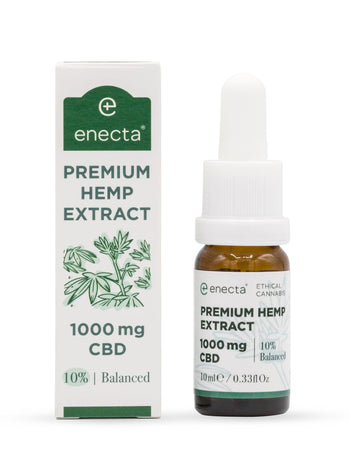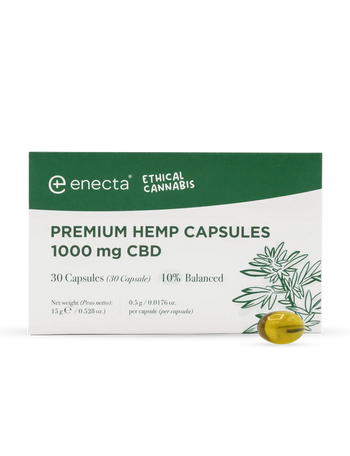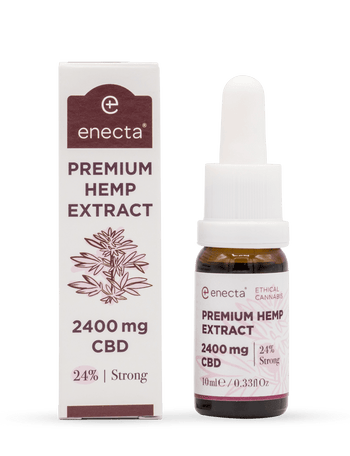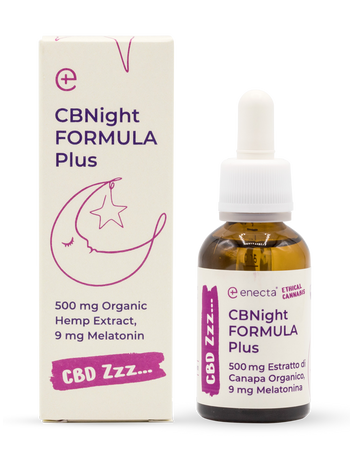When CBD and psychiatric medications are used simultaneously, CBD may inhibit the activity of CYP2D6, a specific enzyme responsible for metabolizing certain psychotropic drugs. This could lead to increased levels of psychiatric medications in the body and, in some cases, heighten the risk of side effects.
Several psychotropic drugs are metabolized by a specific enzyme within the cytochrome P450 family, known as CYP2D6. This group includes substances such as fluoxetine (Prozac), paroxetine (Paxil), and some antipsychotics like haloperidol.
Another enzyme in the same family is CYP3A4, responsible for metabolizing various psychiatric medications, including some anti-anxiety drugs like diazepam (Valium) and antidepressants like sertraline (Zoloft).
CBD can also inhibit the activity of the CYP3A4 enzyme, potentially causing similar effects to those previously described.
However, CBD's interference with cytochrome P450 is not permanent; upon discontinuing CBD use, the enzymes will return to their normal function over time. The necessary period can vary between individuals, depending on the amount of CBD used and the duration of use.
The interaction between CBD and psychiatric medications essentially depends on the type of drug and the enzymes involved in its metabolism, which is why it's crucial to consult a doctor before using CBD and psychiatric medications together.
CBD and Benzodiazepines
As we've seen, cannabidiol (CBD) has the ability to inhibit the activity of the P450 enzyme, which plays a crucial role in the metabolism of numerous drugs, including antidepressants, which fall into the category of psychiatric medications. This is why careful and informed evaluation remains of paramount importance in the case of co-use of CBD and benzodiazepines.
Cannabidiol and Medications: Conclusions
In summary, the most plausible interactions that can occur in case of co-administration of Cannabis with other drugs are as follows:
- Increased effects of Cannabis when simultaneously using drugs that inhibit some of the isoenzymes responsible for the metabolism of the main phytocannabinoids, such as clarithromycin, erythromycin, macrolides, isoniazid, antivirals, antifungals, amiodarone, calcium channel blockers, antidepressants, and proton pump inhibitors
- Decreased effects of Cannabis in relation to the use of drugs that induce the enzymes involved in Cannabis metabolism, such as carbamazepine, phenobarbital, phenytoin, troglitazone, St. John's wort, rifampicin, and rifabutin
- Inhibition of certain isoenzymes (for example, CyP2D6 and CyP2C9) by Cannabis and consequent increase in the effects of drugs metabolized by these, such as omeprazole, risperidone, warfarin, and diclofenac.
- These are just some of the potential issues related to the interaction of medical Cannabis with other drugs; we're talking about potential issues because they are deduced almost exclusively from preclinical studies, predominantly in vitro, and there is still no solid clinical data supporting them.
If we move into the field of clinical practice, we certainly need to keep in mind the evidence related to the simultaneous intake of Cannabis (or products derived from it) with some antiepileptic and anticoagulant/antiplatelet drugs, as well as the reported additive sedative effects in case of simultaneous use with alcohol, opioids, and benzodiazepines.
Regarding the interaction with antiepileptic drugs, it has been shown that co-administration of a CBD-based drug (recently introduced to the market) used for the treatment of drug-resistant forms of epilepsy can cause:
- An increased plasma concentration of topiramate, rufinamide, zonisamide, eslicarbazepine, and N-desmethyl clobazam (metabolite of clobazam), with, in the latter case, a possible greater sedative effect
- An increase in some liver function indices, such as ALT and AST transaminases, in case of simultaneous intake with valproate.
Examining the interaction of medical Cannabis with anticoagulant and antiplatelet drugs, a recent review reported the following conditions as possible:
- In case of simultaneous intake of Cannabis and warfarin, there could be an increase in the plasma concentration of the latter and INR, with a consequent increased risk of hemorrhagic events
- In case of simultaneous intake of CBD and clopidogrel, the latter may have a reduced effect with a consequent increased risk of ischemic events
- We also remind you that CBD cannot be used during pregnancy or breastfeeding.
If you're following a drug therapy and want to use CBD, talk to your doctor first and always make sure to purchase a safe product made from certified and controlled hemp plants.
We have been cultivating our plants in Abruzzo since 2013 and monitor every step of the production chain internally to offer top quality products. We also collaborate with universities and research institutes to promote studies and scientific dissemination about the world of hemp.





























